Boost Your B2B Website’s UX: Five Spots to Focus On

How B2B Firms Use Content Marketing

Google PageSpeed Insights for B2B Websites

How to Craft a B2B Digital Marketing Strategy to Generate Leads

Managing Business Listings Online: Common Errors to Avoid
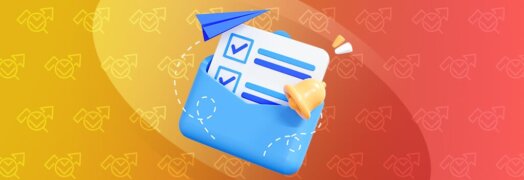
B2B Email Marketing Trends, Best Practices, and Tips

7 B2B Website Design Trends to Look For in 2024

Crafting Exceptional B2B Websites: A Guide to Masterful Conversion and User-Centricity
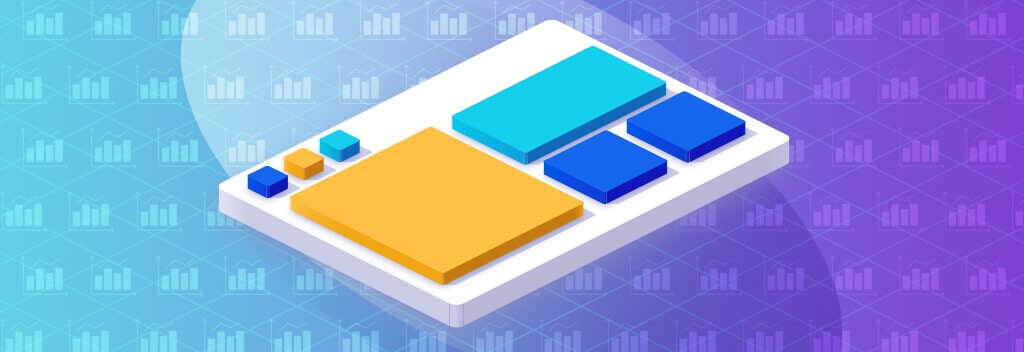
The Ultimate Guide to B2B Website Design: Top Strategies for Unbeatable Results
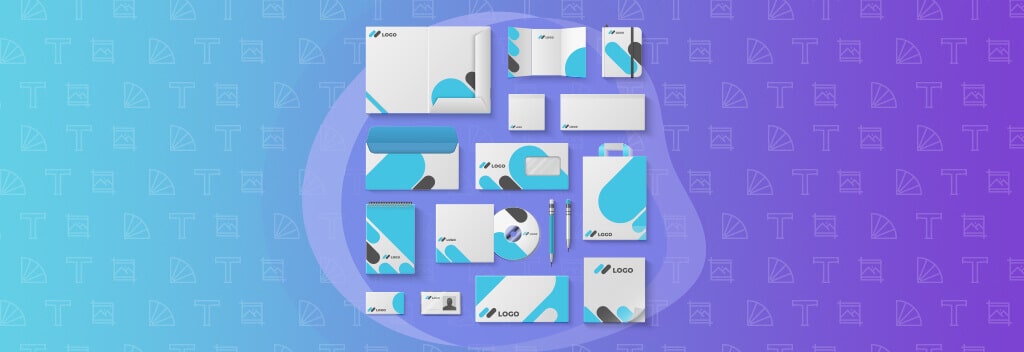
Tips for a Consistent B2B Brand Identity

B2B Web Design Tips for SEO
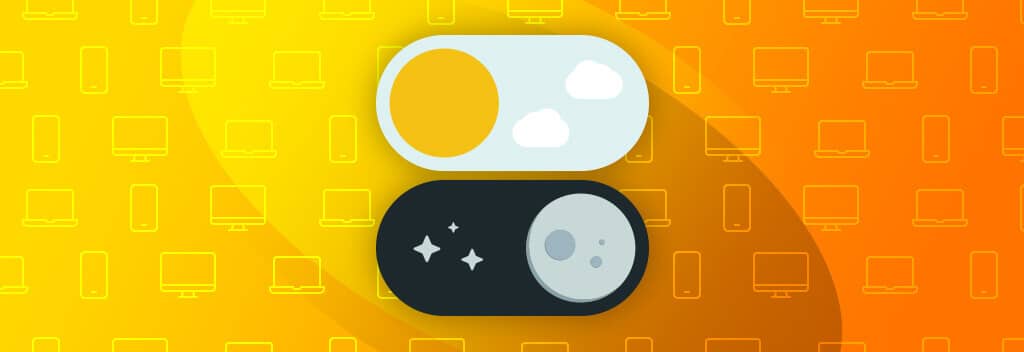
Dark Mode in B2B Website Design: Considerations
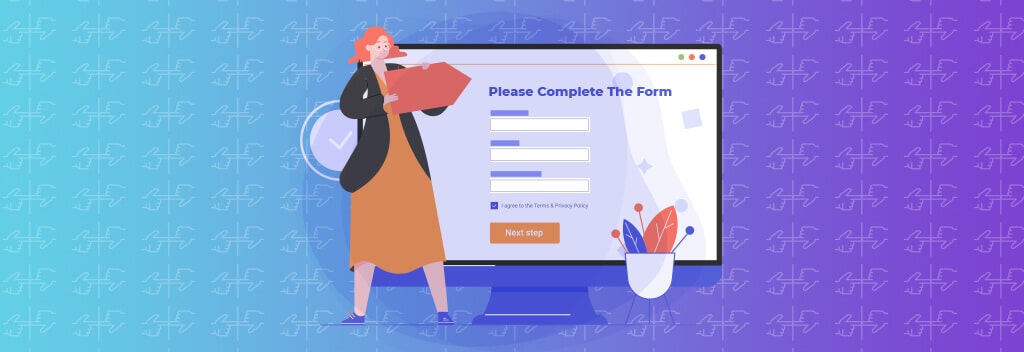
B2B Website Design Tips: Embedding vs Integrating Forms
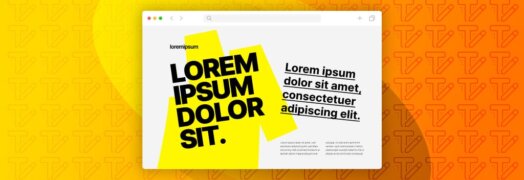
Typography Trends for B2B Websites
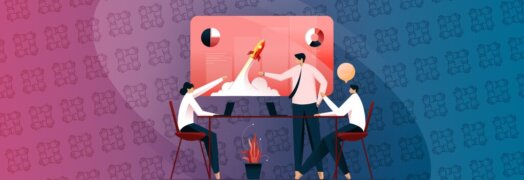
How to Keep Your B2B Marketing Project Moving on a Time Crunch

Does Fresh Content Affect Google Rankings & SEO?

B2B Website Design: The Comprehensive Guide to Rockstar Websites
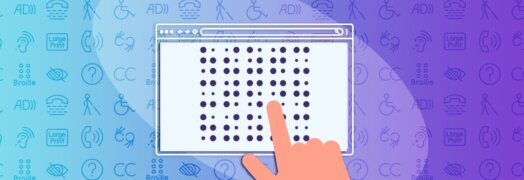
Designing B2B Websites for Accessibility
FRESH RESOURCES DELIVERED
Want to show your colleagues how smart you are? Get actionable ideas written specifically for B2B marketers – subscribe to the BeBop newsletter today!
SAY HELLO
Let’s talk about your project
Get in touch to chat about how we can help you build a better B2B brand. Don’t be shy. We’re great listeners, and even better problem-solvers.

